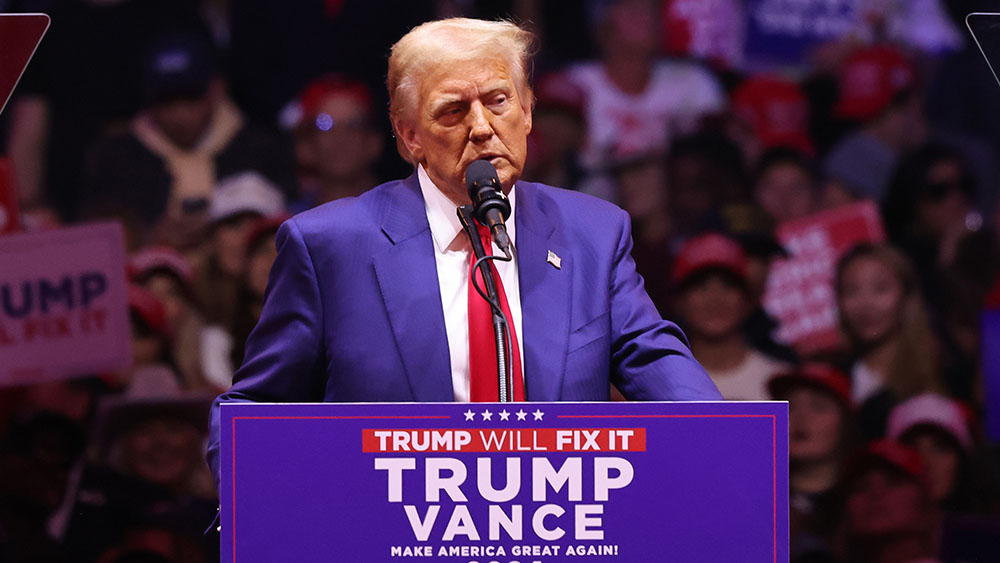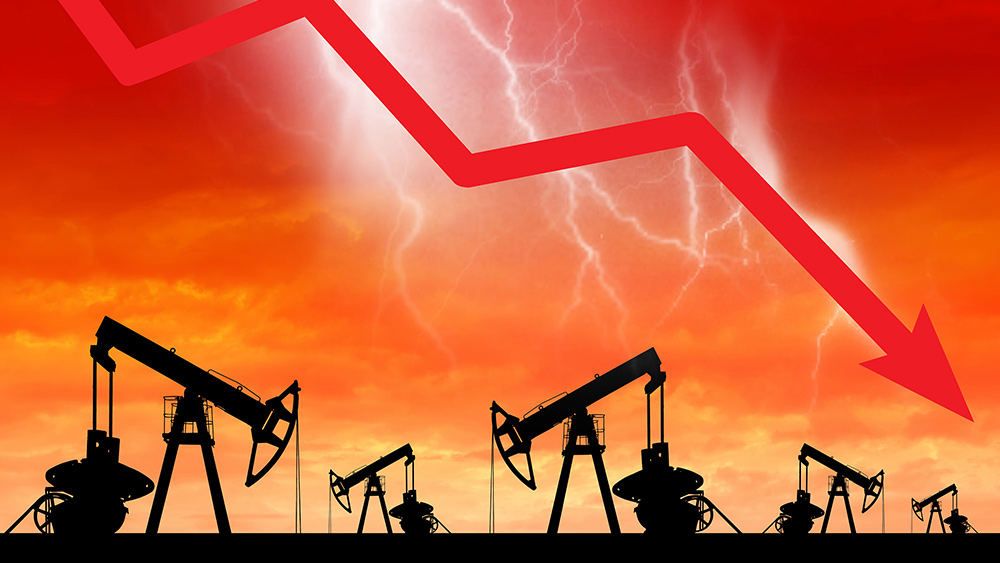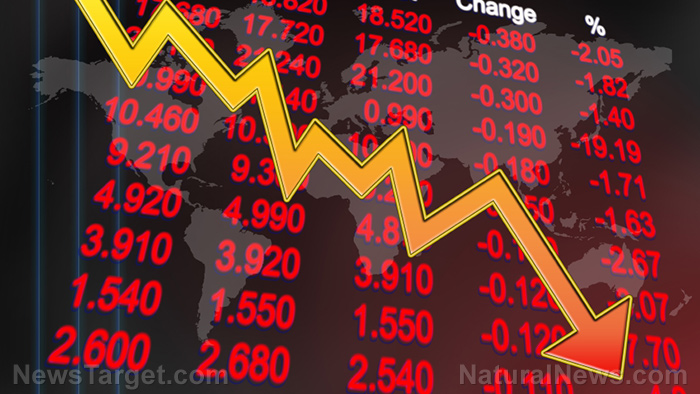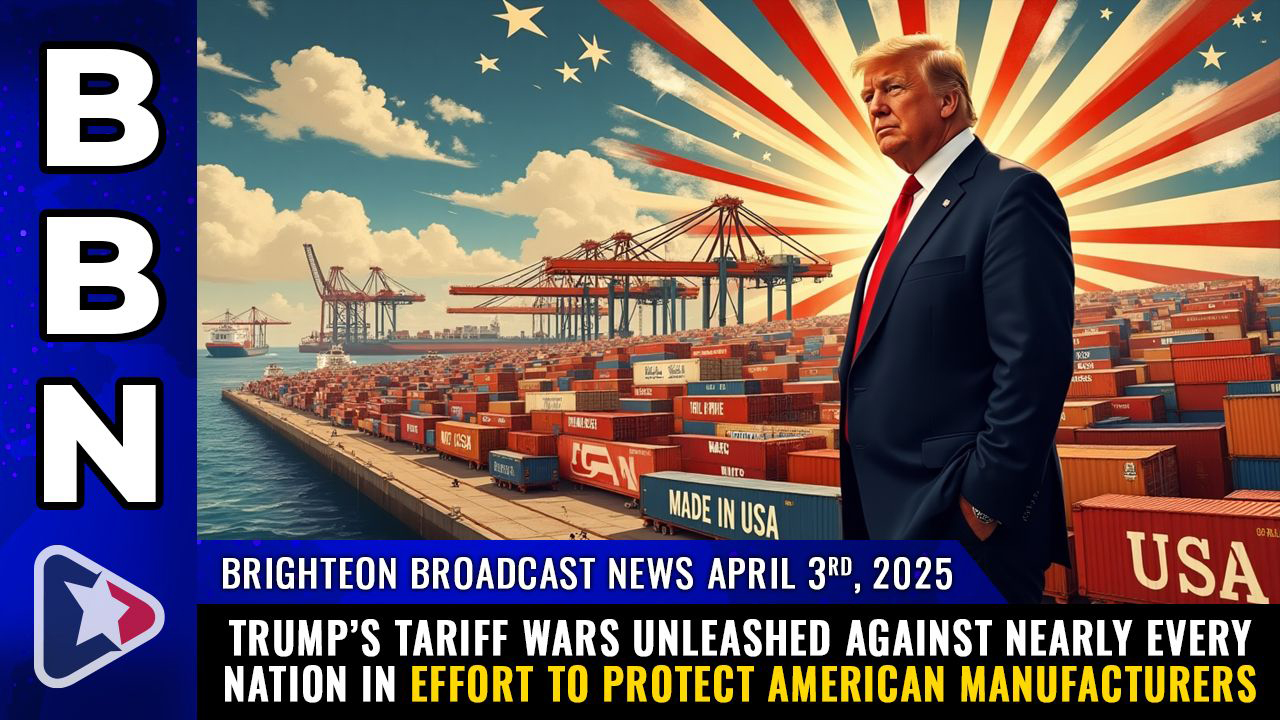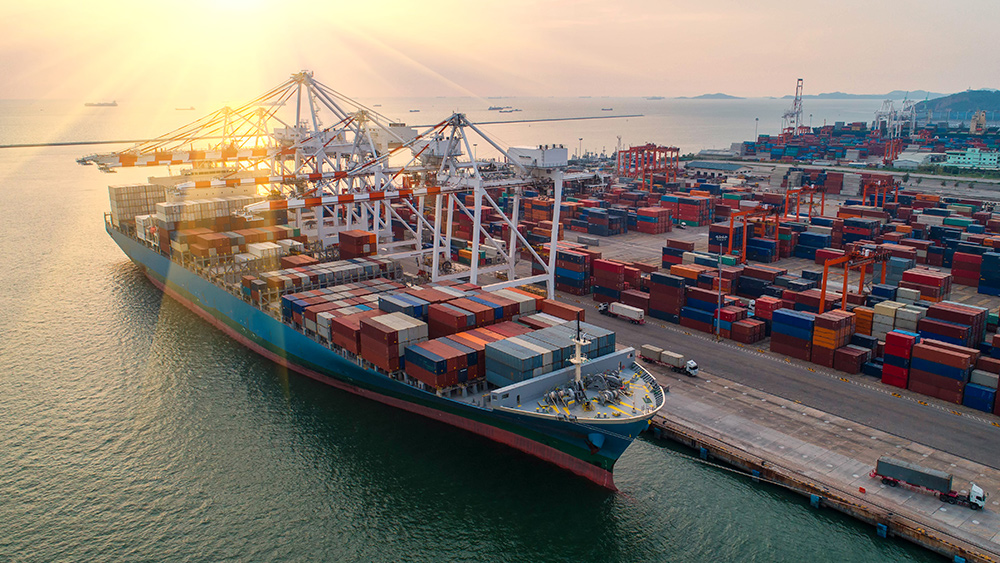Indian refiners seek alternatives to Russian oil after Trump tariff threat
04/03/2025 / By Lance D Johnson

• Indian oil refiners are seeking alternative crude oil suppliers following President Trump’s threat of secondary sanctions on Russian energy exports.
• India has been one of the largest buyers of Russian crude since the Ukraine war began, with Urals oil accounting for nearly 40% of imports last year.
• The threat of a 25% tariff on Russian oil could disrupt India’s energy supply and increase global oil prices.
• The move highlights the geopolitical complexities and economic challenges faced by India in balancing its energy needs with international pressure.
Geopolitical chess game
In a significant shift driven by geopolitical tensions, Indian oil refiners are actively seeking alternative sources of crude oil after President Donald Trump threatened secondary sanctions on Russian energy exports. The move comes amid escalating rhetoric from the Trump administration, which has vowed to impose a 25% tariff on all Russian oil if Moscow refuses to agree to a ceasefire in Ukraine.
The threat of secondary sanctions has sent shockwaves through the global oil market, particularly in India, which has emerged as one of the largest buyers of Russian crude since the start of the Ukraine conflict. According to Bloomberg, companies like Bharat Petroleum Corp. and Hindustan Petroleum Corp. are now looking for oil cargoes from the Middle East, the North Sea, and the Mediterranean for May delivery. This shift is a direct response to Trump’s announcement that he would impose a 25% tariff on all Russian oil imports if a ceasefire deal is not reached.
Trump’s proposal would effectively bar any country that buys Russian oil from doing business in the United States. “If you buy oil from Russia, you can’t do business in the United States,” Trump told NBC. “There will be a 25% tariff on all oil, a 25- to 50-point tariff on all oil.” This mechanism mirrors the sanctions previously applied to Venezuela, where a 25% tariff was imposed on all imports from countries that continued to buy Venezuelan crude.
Economic implications for India
India’s dependence on imported crude oil has reached an all-time high, with 88.2% of the crude consumed in the April 2024-February 2025 period being imported, according to oil ministry data. This dependence makes India particularly vulnerable to price fluctuations and geopolitical tensions. The threat of secondary sanctions could force India to reconsider its reliance on Russian oil, which accounted for almost 40% of the nation’s imports last year.
Warren Patterson, head of commodities strategy for ING Groep NV in Singapore, noted that “traditional sanctions have created enough uncertainty.” He added, “The idea of secondary tariffs only intensifies this uncertainty, given that it is a new tool. Buyers need to decide whether the advantages of picking up discounted crude outweigh the potential hit on its economy from additional tariffs.”
Vandana Hari, founder of Vanda Insights in Singapore, expressed skepticism about the long-term impact of Trump’s threat. “It’s a bluff, a bargaining ploy on the part of Trump,” she said. “But refiners need to prepare, they can’t rely on hunches, no matter how bizarre and unlikely a supply threat.” Despite the uncertainty, Hari believes that as long as the economics work, India will continue to seek Russian oil.
Historical context and global impact
The current situation echoes past geopolitical tensions that have disrupted global oil markets. The 1973 oil crisis, for example, saw oil prices skyrocket due to an embargo by the Organization of Arab Petroleum Exporting Countries (OAPEC), leading to long-lasting economic consequences. Similarly, the 2019 sanctions on Venezuelan oil led to a significant shift in global oil trade dynamics.
The imposition of secondary sanctions on Russian oil could have a profound impact on global oil prices, potentially undermining Trump’s promise of cheap energy. The 25% secondary tariffs on Venezuelan oil already had a noticeable effect on benchmarks, and a similar move against Russia could exacerbate this trend.
As India navigates this complex geopolitical landscape, the question remains whether the economic advantages of purchasing discounted Russian oil will outweigh the potential risks posed by secondary sanctions. The situation underscores the delicate balance countries like India must maintain between economic interests and international political pressures.
Sources include:
Submit a correction >>
Tagged Under:
Bharat Petroleum, Brent crude, economic sanctions, energy policy, geopolitical tensions, geopolitics, global oil market, Hindustan Petroleum, India, ING Groep NV, international trade, Mediterranean, Middle East, North Sea, oil imports, oil prices, OPEC, Russian oil, secondary sanctions, Trump, Ukraine, Vanda Insights, Venezuela, West Texas Intermediate
This article may contain statements that reflect the opinion of the author
RECENT NEWS & ARTICLES
COPYRIGHT © 2017 RISK NEWS

